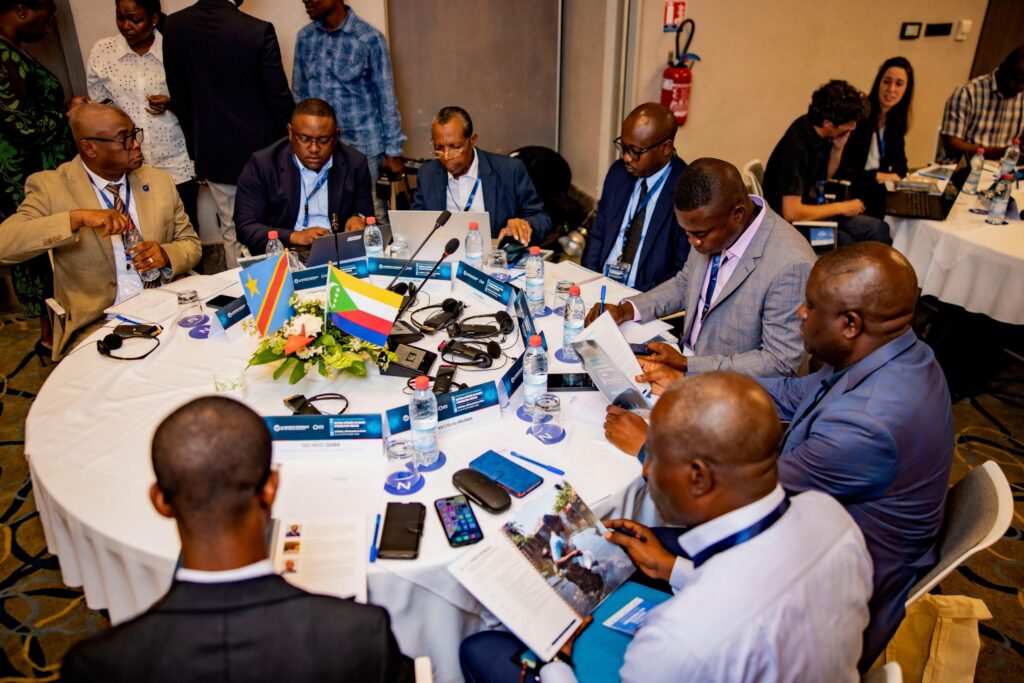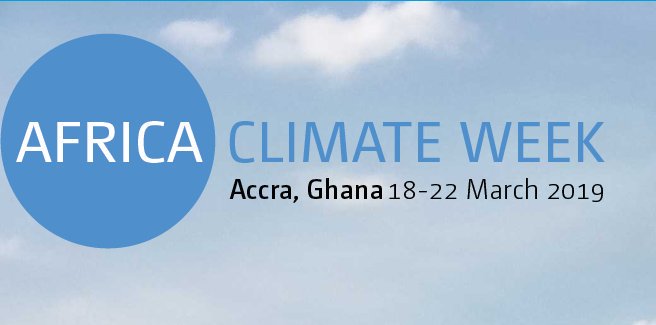Connecting African Cities for Flood Resilience

Urban flooding is one of the most urgent climate risks African cities face today. Last week, the Global Covenant of Mayors for Climate & Energy (GCoM)-City Climate Finance Gap Fund Partnership team joined the Livable Cities Workshop on Integrated Management of Urban Flood Risks, co-organized by the World Bank and the French Development Agency (AFD).
Over five days, city leaders from across Africa worked alongside technical and financial partners to explore how to move from risk to resilience, and from ideas to implementation. The program combined case studies, technical working groups, site visits, and a final pitch session, equipping city leaders and practitioners with tools to plan, finance, and implement solutions.
The diversity of participating cities reflected the scope of the challenge. From coastal capitals like Moroni and Nouakchott, to fast-growing inland hubs like Kinshasa and Bamako, to secondary cities such as Maroua, Bobo Dioulasso, and Boma, all shared a pressing priority the need to strengthen resilience to floods that increasingly threaten lives, livelihoods, and local development.
Key Lessons for Urban Resilience
- Integrated solutions deliver co-benefits: The visit to Porto Novo Ville Verte, a project co-financed by AFD and the French Facility for Global Environment (FFEM), showcased how combining grey drainage systems with green and blue nature-based solutions can transform vulnerable neighborhoods. Beyond reducing flood risks, the project revitalized a historic district into a cultural hub, generating economic, social, and environmental benefits. Its success underlined the importance of community engagement throughout the process, multidisciplinary expertise – including the presence of a sociologist within the project team – and strong local leadership.
- Maintenance underpins resilience: Several cities raised a common challenge: large-scale flood control infrastructure often deteriorates without dedicated resources for upkeep. Workshop discussions emphasized the need to budget lifecycle costs and ensure municipalities have the financial and technical capacity to maintain systems over time. Resilience cannot be achieved through one-off investments, it requires continuity.
- Data is power: Open-source platforms such as OpenStreetMap allow municipal teams to track progress and build ownership of information. Participants received hands-on training with the World Bank’s City Scan tool, which integrates satellite and socio-economic data. This allowed cities and partners to identify priority areas for flood risk management and to plan interventions more strategically.
- Collaboration across scales is vital: Urban flooding transcends municipal boundaries, and effective solutions require coordination between local, regional, and national authorities. Measures such as watershed management, upstream retention basins, and land-use planning cannot be implemented by cities alone. Participants highlighted the need for multi-level governance frameworks that align local initiatives with broader territorial planning.
- Transnational cooperation accelerates adaptation: African cities are not alone in facing these challenges. Exchanges among cities, as well as with technical and financial partners, demonstrated the value of peer learning and regional collaboration. Workshops that combine technical training, peer exchange, and networking emerged as key enablers of faster and more effective adaptation.
Looking ahead
The exchanges during the workshop reinforced a simple truth: urban resilience is not built by infrastructure alone, but through integrated planning, sustainable financing, reliable data, and strong partnerships. GCoM remains committed to connecting African cities with one another and with partners, ensuring synergies between technical assistance efforts such as the Gap Fund and other resilience initiatives.


